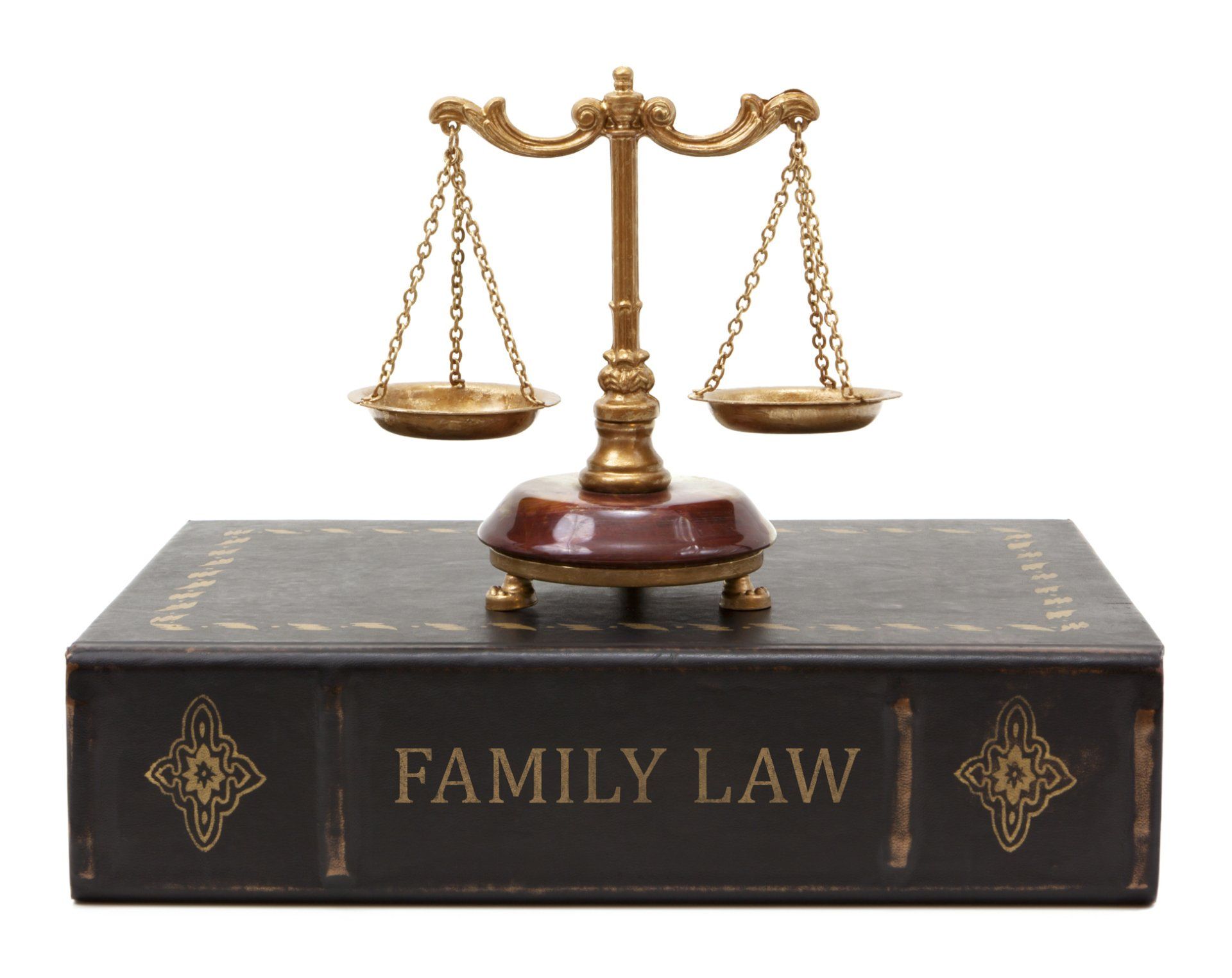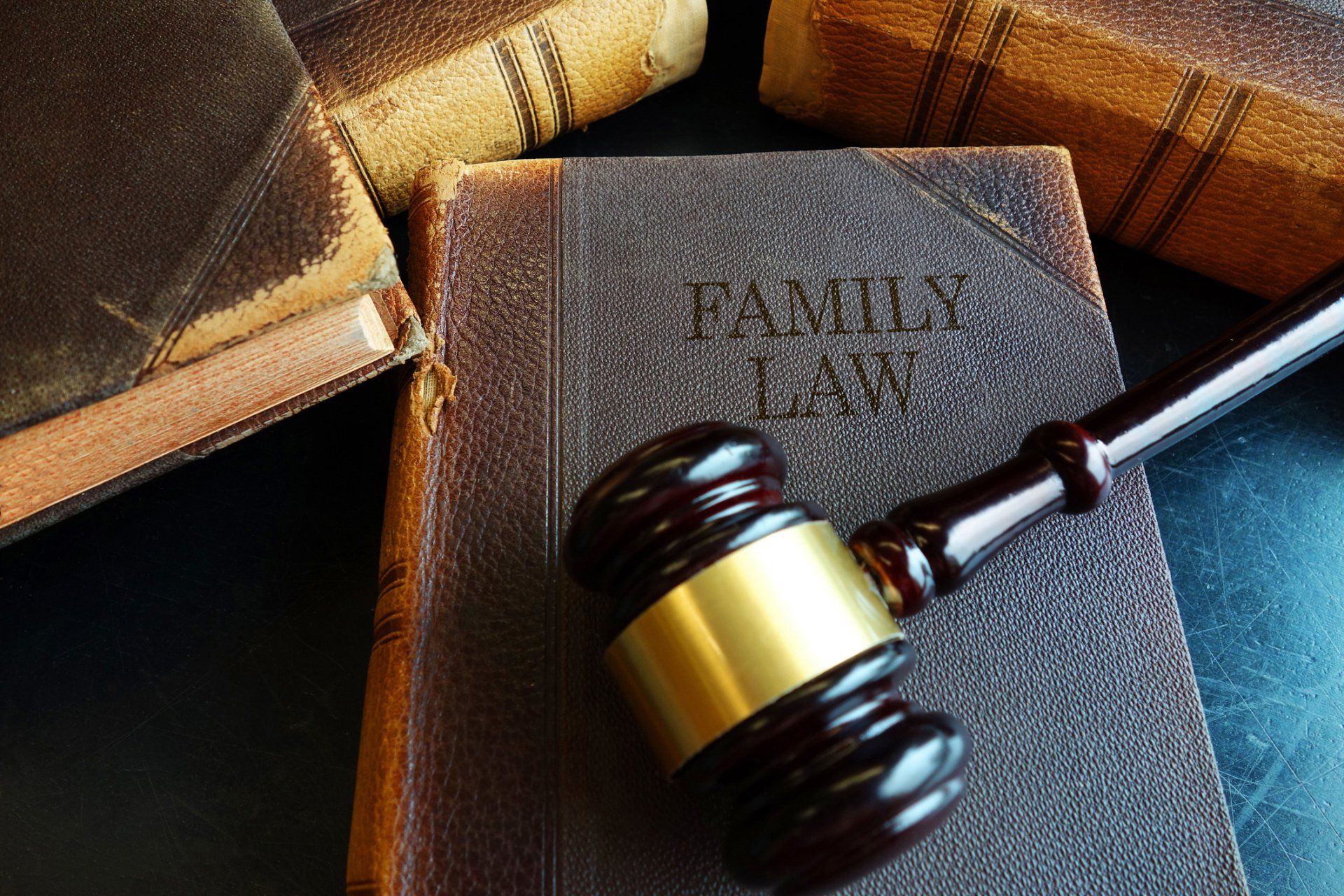Navigating a Contested Divorce in Wisconsin: A Comprehensive Guide
Divorce is a difficult and emotionally challenging process, and when it becomes contested, it can further complicate matters. In the state of Wisconsin, contested divorces occur when spouses cannot reach an agreement on critical issues such as child custody, property division, or spousal support. This blog post serves as a comprehensive guide to help you understand the intricacies of contested divorces in Wisconsin and provide valuable insights to help you navigate through this challenging process.
1. Understanding Contested Divorce:
- Definition: A contested divorce refers to a situation where spouses are unable to agree on one or more key issues, leading to litigation or court intervention.
- Factors contributing to a contested divorce: Disagreements over child custody, visitation rights, property division, financial matters, alimony, etc.
- Importance of legal representation: Hiring an experienced family law attorney, Kaminski & Pozorski, located in Manitowoc, WI, to guide you through the complex legal procedures is crucial.
2. Initiating a Contested Divorce:
- Filing the petition: The process begins by filing a Petition for Divorce, outlining the grounds for divorce and the contested issues.
- Serving the spouse: The petition must be served to the other spouse, who then has a specific timeframe to respond.
3. The Divorce Process in Wisconsin:
- Mandatory mediation: In Wisconsin, couples with contested issues are typically required to attend mediation to attempt to reach a settlement outside of court.
- Temporary orders: During the divorce process, temporary orders may be issued to address issues such as child custody, support, or temporary use of property.
- Discovery phase: Both parties exchange information and documents relevant to the contested issues through methods like interrogatories, depositions, or requests for production of documents.
- Negotiation and settlement: Parties may engage in negotiations, with or without attorneys, to reach a settlement agreement on contested issues.
- Trial: If negotiations fail, the case may proceed to trial where a judge will make the final decisions on the contested matters.
4. Key Considerations in a Contested Divorce:
- Child custody and visitation: Courts prioritize the best interests of the child when making custody decisions, considering factors such as parental fitness, child's wishes, and stability.
- Property division: Wisconsin follows community property laws, but equitable distribution principles may be applied in certain cases, focusing on fairness rather than equal division.
- Spousal support: Courts evaluate factors such as length of the marriage, earning capacity, and financial needs to determine whether spousal support (alimony) should be awarded.
- Financial considerations: Detailed financial disclosure, valuing assets, and considering tax implications are crucial aspects during property division and support determinations.
5. The Role of Attorneys and Mediators:
- Benefits of legal representation: Skilled divorce attorneys provide guidance, protect your rights, negotiate on your behalf, and present a compelling case in court if necessary.
- Mediation: Trained mediators assist in facilitating discussions, encouraging compromise, and helping couples reach mutually acceptable solutions, reducing the need for litigation.
Conclusion: While contested divorces in Wisconsin can be emotionally and legally complex, understanding the process and seeking the assistance of knowledgeable professionals can help you navigate through the challenges more effectively. By prioritizing the best interests of all parties involved, maintaining open communication, and seeking fair resolutions, you can work towards a satisfactory outcome even in the midst of a contested divorce. Remember, seeking the guidance of an experienced family law attorney will significantly increase your chances of a successful resolution. Contact
Kaminski & Pozorski, located in Manitowoc, WI today for a Free Consultation.
















